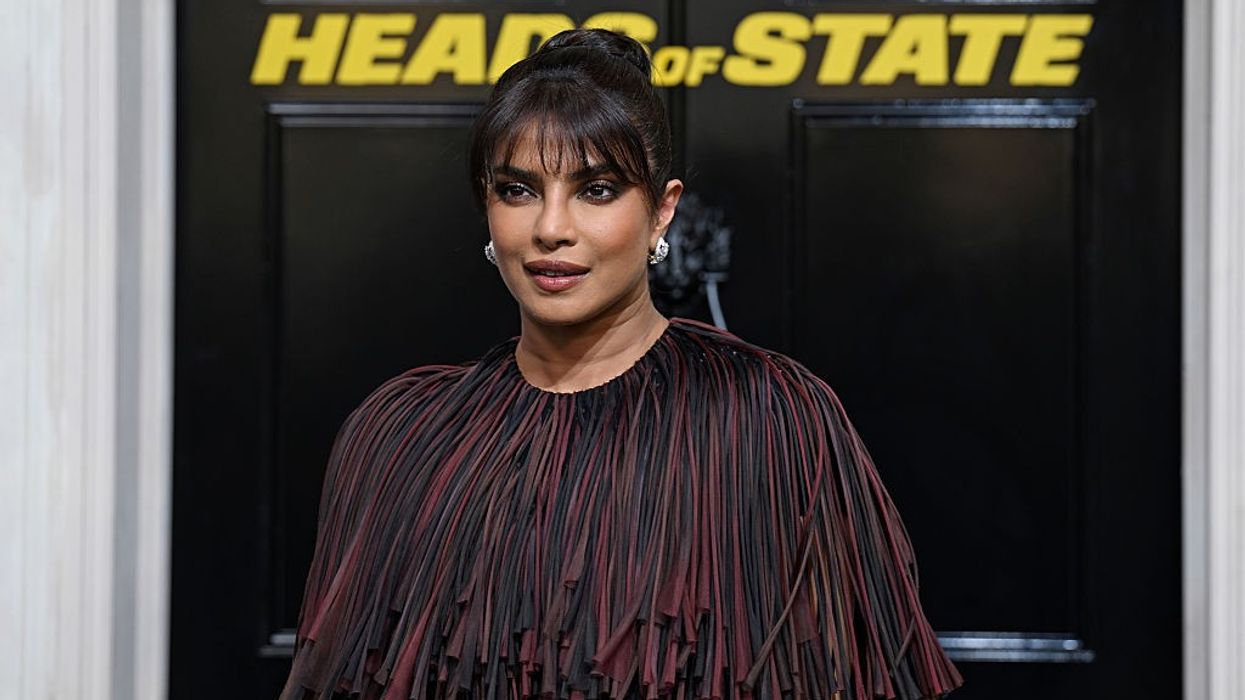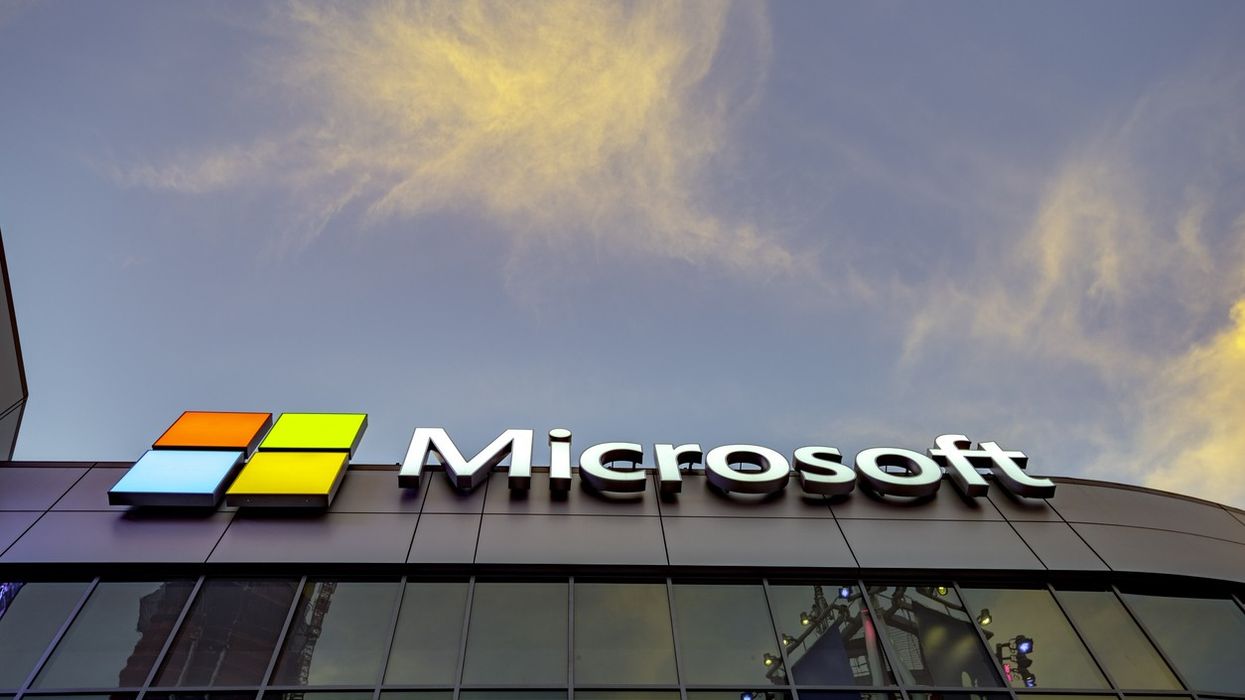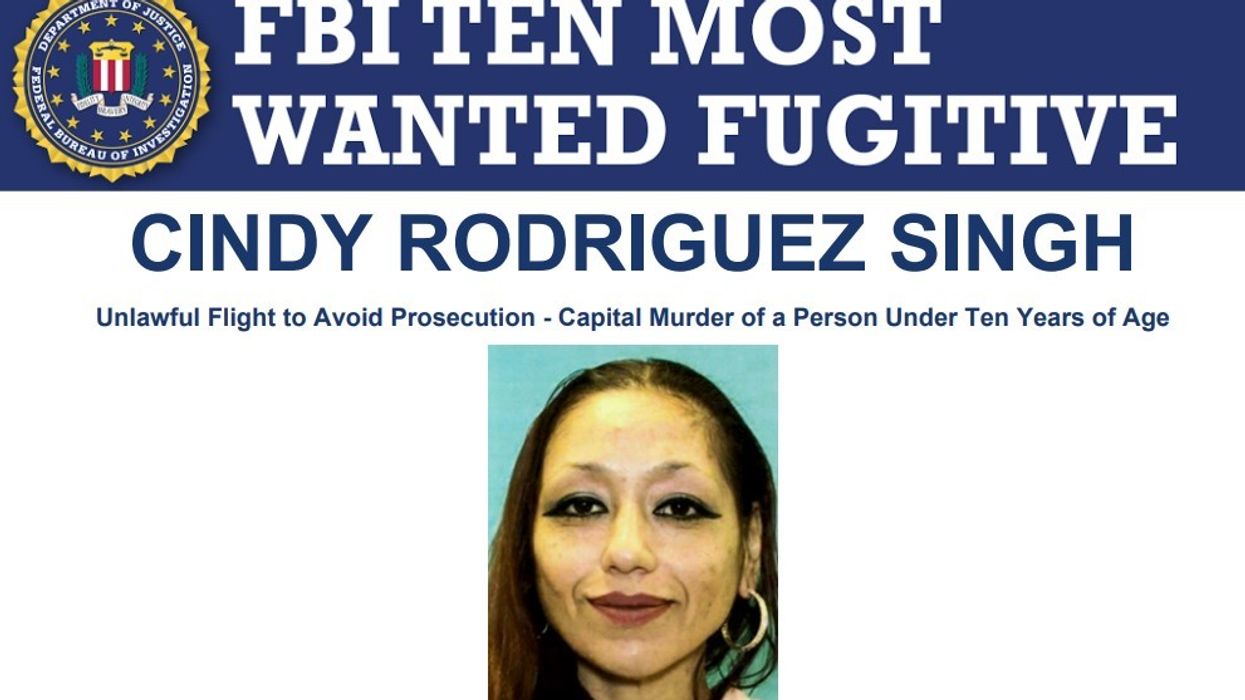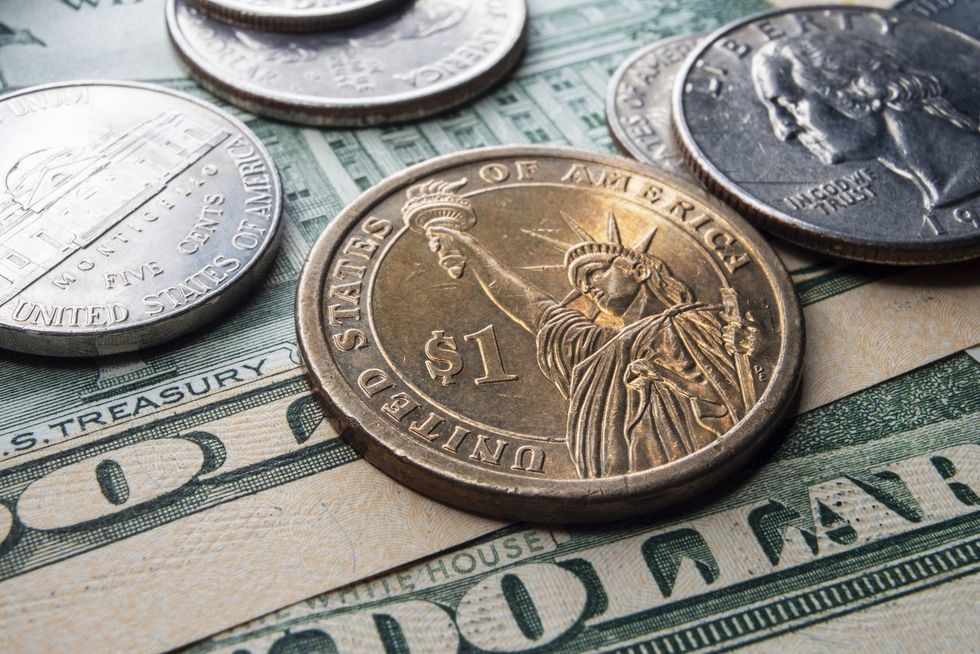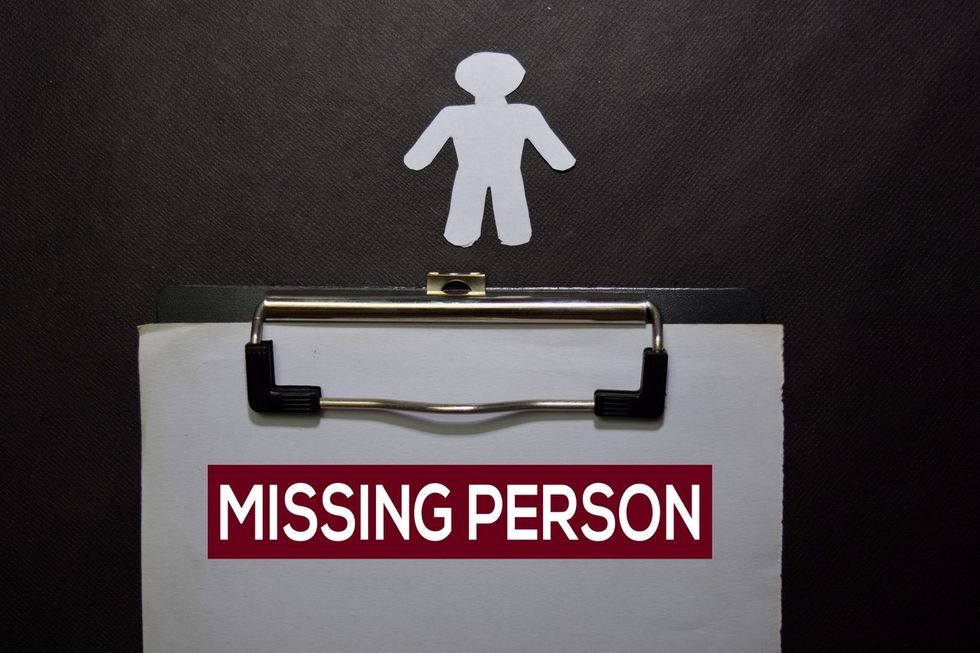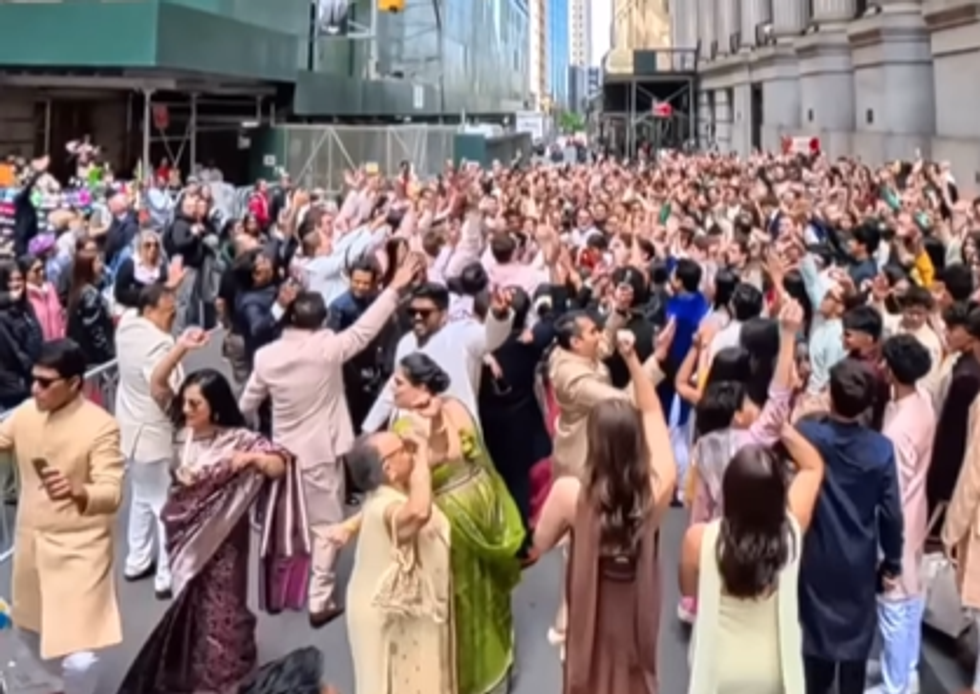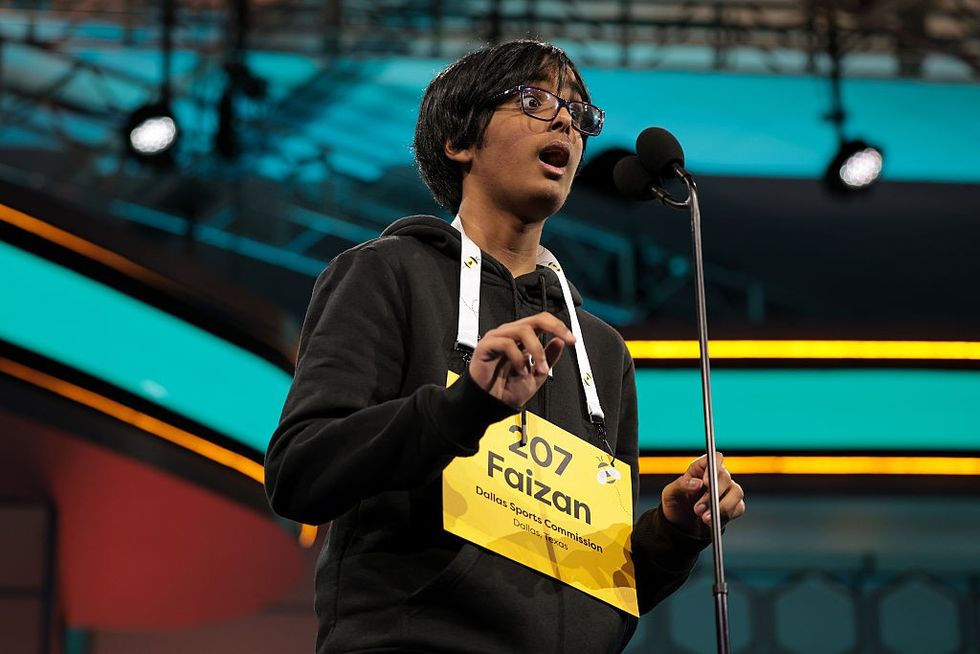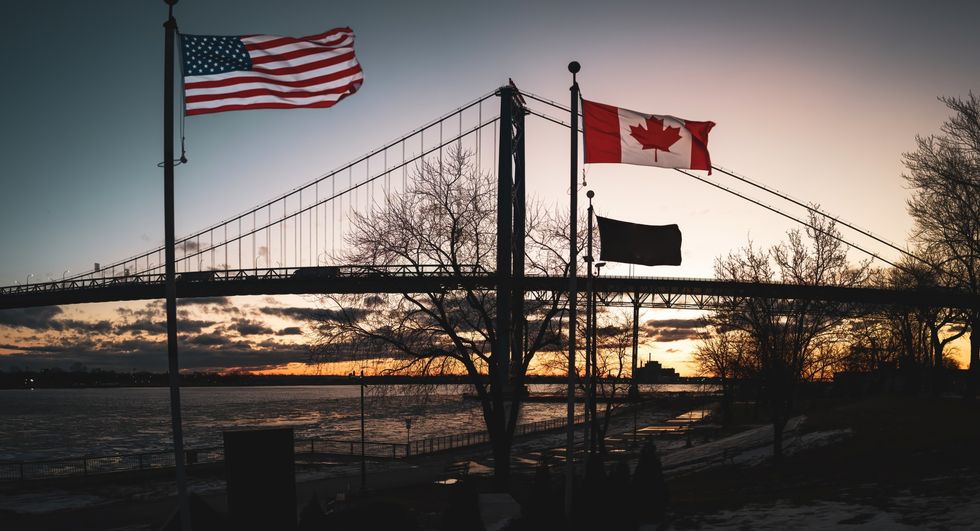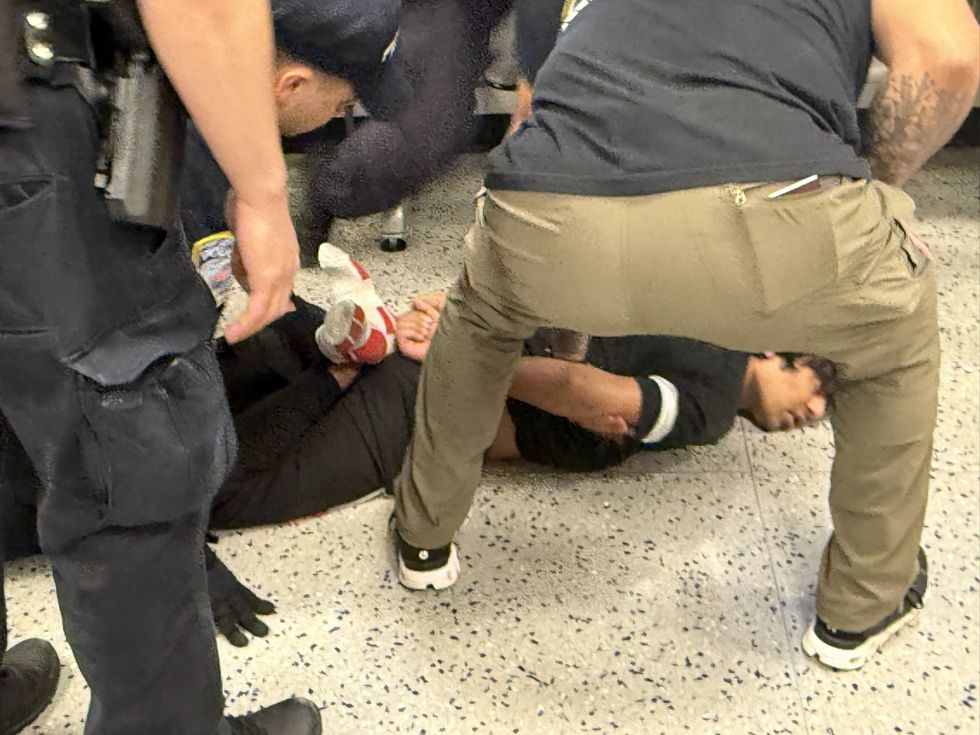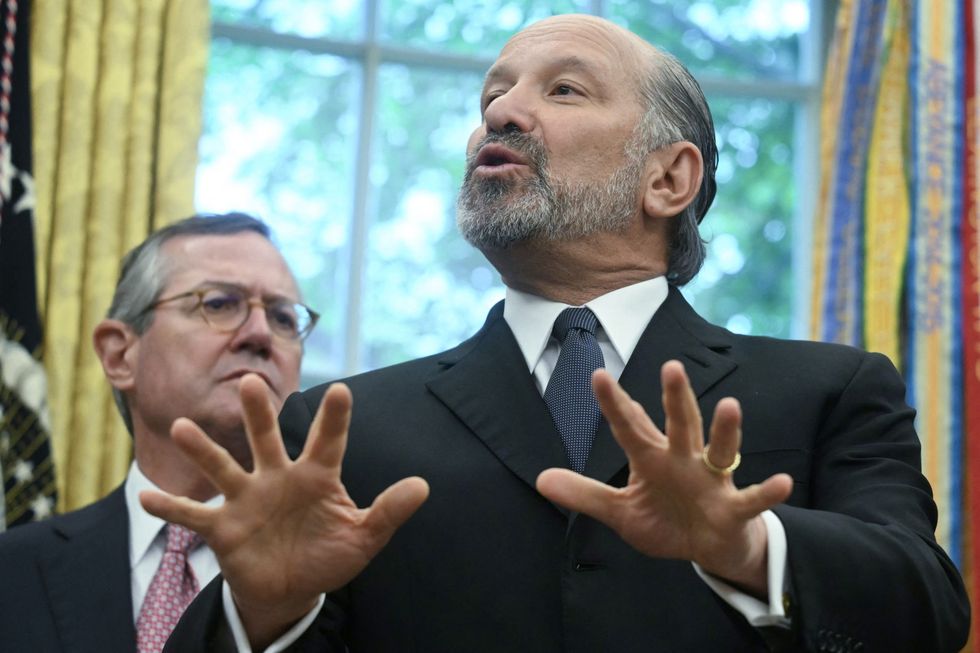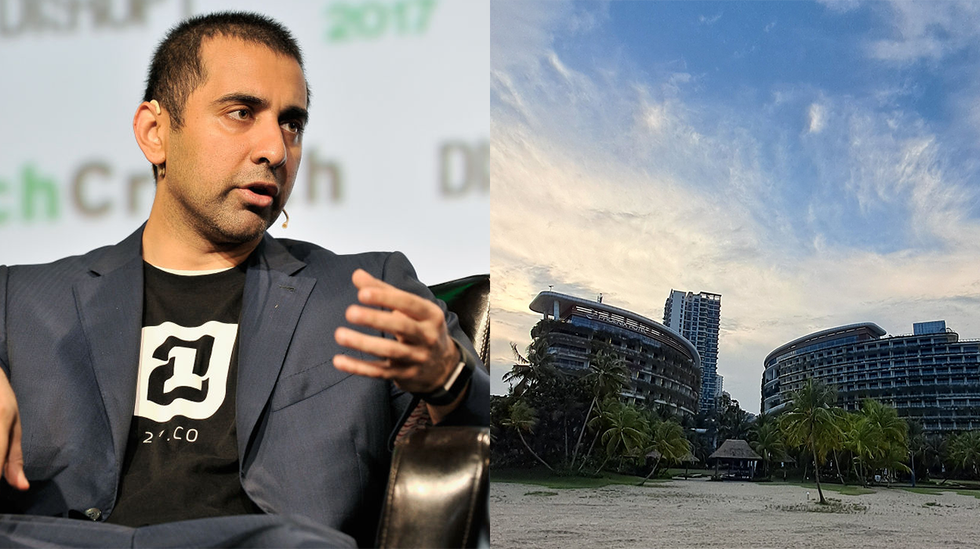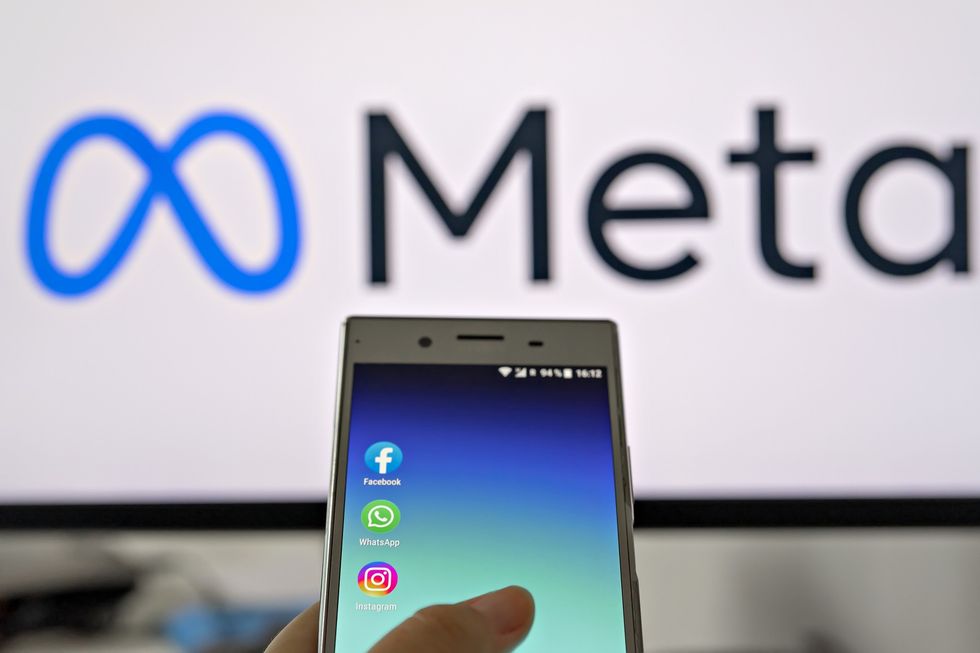WHAT is the most important difference between Ireland and the United Kingdom?
The answer is Brexit. Ireland is taking full advantage of its continued membership of the European Union – and seeking to attract new investment from India.
This is why Ireland has opened a consulate in Mumbai, India’s commercial capital, to add to its embassy in Delhi as part of its campaign to “double its global footprint by 2025”.
It is in the process of opening a consulate in Karachi as well, to enhance its relationship with south Asia.
The Irish tourist board is also working to attract more Indian visitors, stressing it has much to offer by way of literary festivals that promote such authors as James Joyce, who gave Ulysses to the world in 1922, and Bram Stoker, who wrote Dracula, the 1897 Gothic horror novel.
The country is also renowned for its stunning scenery that has been used in Star Wars and other movies.
It held a “global summit” in Dublin on Tuesday (24), when Indian journalists were invited to meet Ireland’s political leaders and representatives of key organisations, such as the Irish food board and the IDA, the country’s foreign direct investment agency. While the people of the UK reflect on whether Brexit was a wise decision, the number of British people who now hold an Irish passport as dual citizens is reported to have gone up six-fold.
The outward-looking policies are being pursued under the leadership of its Indian-origin Taoiseach, Leo Varadkar, who was Ireland’s prime minister from 2017 to 2020 and returned to the post in December last year.
Narendra Modi, who went to Ireland in 2015 in the first visit by an Indian prime minister since that of Jawaharlal Nehru in 1956, congratulated Varadkar on returning to power for a second term.
“Highly value our historical ties, shared constitutional values & multi-faceted cooperation with Ireland,” Modi’s message said. “Look forward to working together to realise the full potential of our vibrant economies.”
Varadkar was born in Dublin on January 18, 1979 to an Indian father, Ashok Varadkar, and an Irish mother, Miriam Varadkar (née Howell). His father, who was born in Bombay (now Mumbai), moved to the UK to work as a doctor and met his future wife when she was working as a nurse in Slough. They married in 1971. Sophia, their eldest child, was born while the Varadkars lived in Leicester. They moved to India before coming back and settling in Dublin, where their second daughter, Sonia, was born, followed by a son.
Varadkar graduated in 2003, after completing his internship at KEM Hospital in Mumbai. He then spent several years working in hospitals in Ireland, before becoming a GP in 2010.
As prime minister, he championed the creation of 22 new embassies and consulates. The spread reflects Ireland’s ambitions. There are new embassies in Santiago, Chile – Bernardo O’Higgins, who was the country’s first president from 1817-23, was of Irish origin – and Bogota, Colombia.
The consulate in Cardiff, which was closed many years ago, is being reopened. And there will be a new one in Manchester.
The consulate in Los Angeles, for example, will focus on film and television. Another, in Miami, will strengthen links with central America.
Compared with India’s 1.4 billion population, Ireland’s is six million. But its diaspora population is 70 million – which compares with 30 million for Indians (including 2.5 million in the UK and four million in the US). Along with the US and the UK, Australia has a large Irish population. And in Argentina, about half a million claim Irish ancestry.
The Ireland India Council has been set up “to facilitate Indian investment in Ireland and Irish investment in India. While India is the world’s largest democracy and a significant global marketplace, Ireland is strategically positioned in the European Union.”
Companies in India, which considered the UK as the gateway to Europe, now see Ireland as a good option. Britain’s loss may well prove to be Ireland’s gain, especially in areas such as IT and pharmacy.
Setting out his vision for the future, Varadkar has said: “One hundred years ago we were a small island on the periphery of western Europe. In the next one hundred we will be a nation at the heart of the common European home we helped to build; an island at the centre of the world.
“Ireland is emerging from what has been a lost decade for many of our citizens, and it is clear to me that we are emerging with a greater sense of self-confidence and ambition for what we can do as a country. That national self-confidence requires that we always be ambitious, visible and active in promoting the interests of our nation on the international stage.
“Everyone will be aware of the work our embassies, defence forces and agency personnel do in carrying out that mission, and I am hugely proud of their work. That work is central to ensuring that, while we are small in scale, our engagement in Europe and on the wider international stage means that we can truly be considered an island at the centre of the world.
“To fulfil that ambition, we need to greatly increase our international presence. Whatever happens in the next few years, one thing is certain. Ireland will always be at the heart of the common European home we helped to build. That is why it’s so important that we are actively engaged in shaping and influencing the debate about the future of Europe. The EU has always offered the promise of a better future, but it is a future that will not be handed to us. We must work to create it.”
He pledged to “maintain a deep and strong relationship with our nearest neighbour, the United Kingdom, and its constituent parts. This will be underpinned by the Common Travel Area and the Good Friday Agreement.”
Reports say that the Windsor Framework, brokered by the British prime minister Rishi Sunak, “has changed the mood music” in relations between the UK and Ireland, and between London and the EU in Brussels.
Varadkar added: “As global economic and political power shifts east and south, Ireland will respond by making new friends and improving long-standing relationships across Asia and the Global South.
He also wants to “welcome more international students to Ireland”.
The 2021/22 academic year saw a 20 per cent increase in international student enrolment in Ireland, with over 30,400 students from around the world studying at Irish institutions. Among them, approximately 4,000 were from India, marking a 14-fold increase in Indian students studying in Ireland since 2010.
The Asian population of Ireland is reckoned to be about 100,000. It includes Reita Faria, who won the Miss World title in 1966, the first Indian woman to do so. Married to an Irish consultant, she is now a grandmother, who turned 80 in August.

